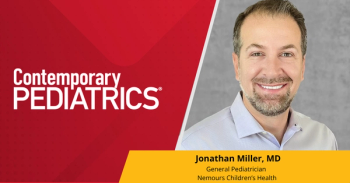
Survival Rising for Several Child Hematologic Cancers
The past two decades have seen considerable improvement in survival of several common childhood hematologic malignancies, according to research published in the Sept. 17 issue of the Journal of the National Cancer Institute.
THURSDAY, Sept. 11 (HealthDay News) -- The past two decades have seen considerable improvement in survival of several common childhood hematologic malignancies, according to research published in the Sept. 17 issue of the Journal of the National Cancer Institute.
Dianne Pulte, M.D., of the German Cancer Research Center in Heidelberg, Germany, and colleagues analyzed data from the Surveillance, End Results and Epidemiology database on 6,957 patients under the age of 15 diagnosed between 1990 and 2004.
Between 1990-1994 and 2000-2004, five- and 10-year relative survival increased for acute lymphoblastic leukemia (80.2 to 87.5 percent and 73.4 to 83.8 percent, respectively), acute non-lymphoblastic leukemia (41.9 to 59.9 percent and 38.7 to 59.1 percent, respectively), and non-Hodgkin lymphoma (76.6 to 87.7 percent and 73 to 86.9 percent, respectively), the researchers report. Survival rates for Hodgkin lymphoma didn't change substantially between these times, the authors note.
"It seems clear that intensifying therapy further will result in little additional long-term survival benefit. By contrast, recent data offer proof of principle that the addition of molecularly targeted therapy to standard therapy can dramatically improve event-free survival in children with Philadelphia chromosome -- positive acute lymphoblastic leukemia compared with both historic controls and contemporaneous patients treated with matched sibling donor allogeneic stem cell transplantation. We argue that there is no time to sleep; rather the pediatric oncology community should work tirelessly to define and validate the targets that can be exploited therapeutically in other subgroups of hematologic malignancies of childhood," write the authors of an accompanying editorial.
Copyright © 2008
Newsletter
Access practical, evidence-based guidance to support better care for our youngest patients. Join our email list for the latest clinical updates.








